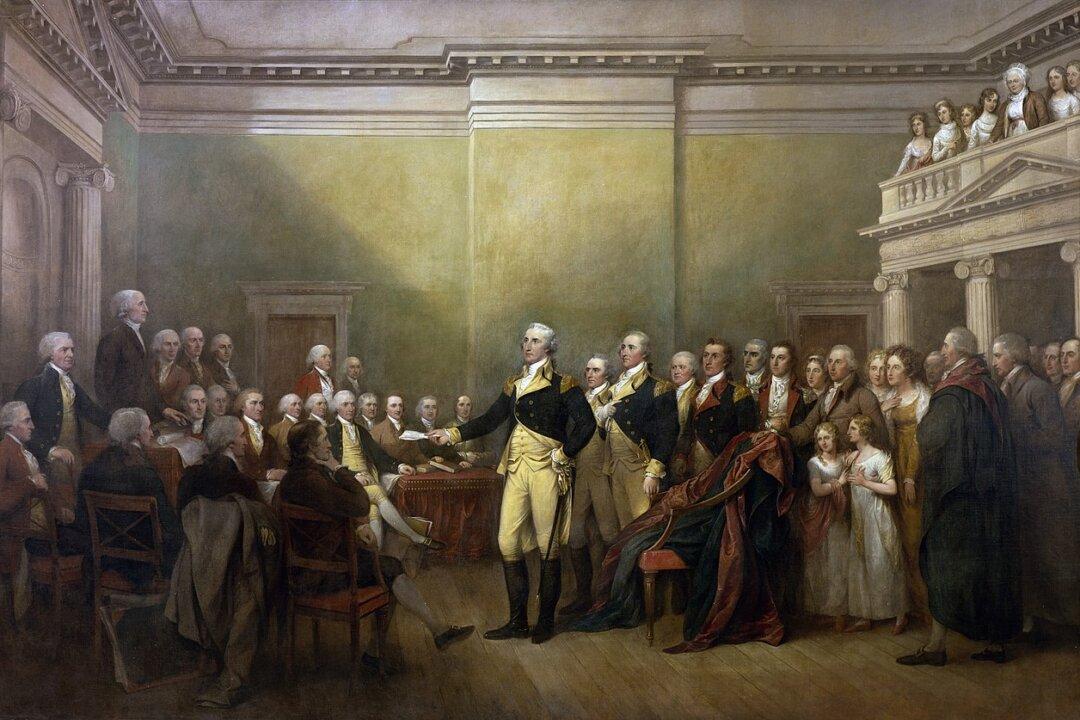Commentary
Many Americans have likely forgotten the heated debate in 1775 and 1776 among our ancestors in the 13 colonies. On the brink of the American Revolution, they pondered, “Do we have enough virtue to govern ourselves?”

Many Americans have likely forgotten the heated debate in 1775 and 1776 among our ancestors in the 13 colonies. On the brink of the American Revolution, they pondered, “Do we have enough virtue to govern ourselves?”